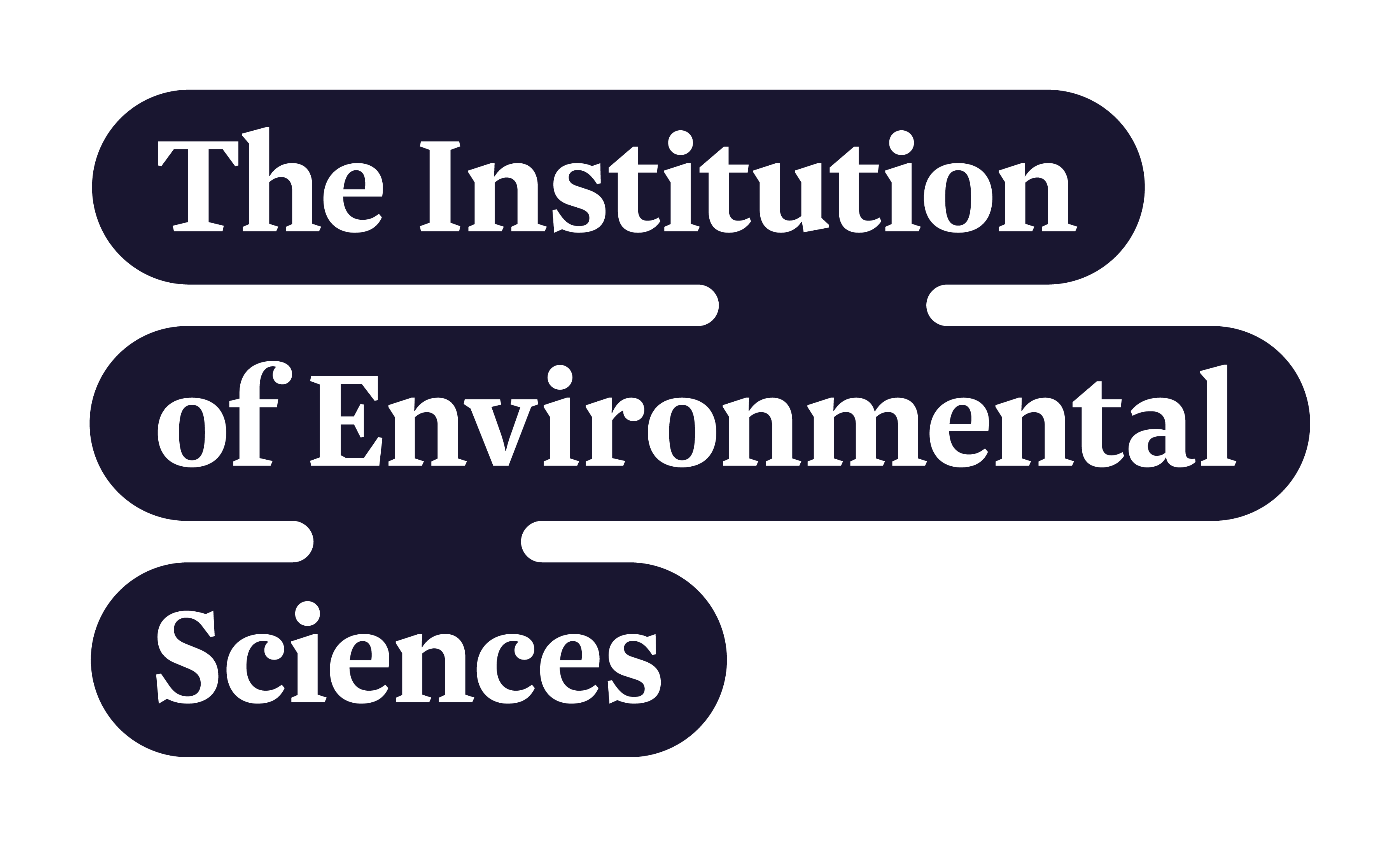Policy Update April 2014
The Science Council and Member Bodies responded to the House of Commons Science & Technology Select Committee inquiry into GM foods and the precautionary principle in Europe. A copy of the submission can be read on the Science Council’s consultation responses webpage.
Dr Peter Cotgreave, Director of Fellowship and Scientific Affairs at the Royal Society has been appointed as the new chief executive of the Society for General Microbiology. He will take over in June 2014.
Schools and Education
Ofqual has announced that from September 2015 separate marks will be awarded for practical core science in A-levels. Ofqual has stated that pupils will still be required to carry out practical work in the form of a minimum of 12 practical activities, for which they will receive a ‘pass’ or ‘fail’ grade. These will not be included in a student’s final mark and students will not be required to attain a ‘pass’ in the practical assessment to pass their course. The final exam will however ask questions that test students’ knowledge and understanding of practical skills. The Science Council and a number of Member Bodies have voiced concern at a decision that will only help to downgrade practical skills at A-level. If pupils can receive a final grade regardless of whether they have demonstrated competence in hands-on science there is a danger that it will lead to a lesser focus on practical work. The Science Council and member bodies’ reactions can be read on the Science Council’s website.
The Skills and Enterprise Minister, Matthew Hancock spoke at the Institute for Public Policy Research European Jobs and Skills Summit announcing 77 new employer-supported Tech-level qualifications to accompany 140 that were approved in 2013. A list of all approved Tech-level and Applied General qualifications is available here.
A report by the Reform think tank, ’Plan A+’ on academy schools has found that 23% of academies teaching vocational subjects have reduced or plan to reduce the range and extent of vocational provision. 35% of academies also say that they have or plan to have a school curriculum that differs from the National Curriculum.
Higher Education
Research by the Higher Education Funding Council for England (Hefce) shows that international student enrolment into UK universities fell in 2012-13 for the first time in 29 years. The overall decline was mostly onto postgraduate courses, down 8% from EU students and 1% from non-EU students. The decline has mainly affected STEM courses, with the total number of full-time taught postgraduates falling by 20% between 2010-11 and 2012-13.
Hefce has published its latest analysis of recent shifts and trends in higher education in England. Key figures indicate growth in the number of full-time undergraduates, especially in STEM subjects which saw an increase of 6% between 2011/12 and 2012/13. However there has been a large decline in the number of part-time students, down by 46% between 2010/11 and 2013/14. This decline includes applicants to STEM courses, which fell by a third between 2010/11 and 2012/13. Entrants to foundation degrees have also fallen by 20% between 2010/11 and 2012/13. Acceptance rates for 18 year-olds from disadvantaged areas increased and at a greater rate than those from more advantaged areas, but Hefce warns that “the absolute disparities between advantaged and disadvantaged areas remain large”.
Hefce and the Office for Fair Access (OFFA) have published a national strategy for student access in English higher education institutions with the ambition to “create an environment in which work to improve access, student success and progression can flourish”, particularly for students from disadvantaged backgrounds. The strategy is based around three aims: access; retention and student success; and progression to further study or employment. The strategy commits to improving information, advice and guidance through Hefce, cross-party support “and other national bodies to develop a more joined-up approach” for both pre-university students’ and undergraduates’ choices about postgraduate study and employment opportunities.
At the Universities UK Annual Conference the Universities and Science Minister, David Willetts announced that the National Centre for Universities and Business has been appointed to lead BIS’s review of innovation clusters and greater university-business collaboration (identified lately by Sir Andrew Whitty and by Professor Sir Tim Wilson as a key driver of regional growth). HEFCE will also review the role of metrics in research assessment and management, chaired by Professor James Wilsdon and report in spring 2015.
Universities UK has published research showing universities contribute financially more than ever before to the UK economy. In 2011/12 universities contributed £73 billion of output, with non-EU students contributing 20% of this. The contribution represents 2.8% of UK GDP compared to 2.3% in 2007. The report also states that 51% of all university revenue comes from private UK and international sources, compared to 39% in 2007/08.
The shadow universities and science minister, Liam Byrne outlined 5 ‘principles’ for reforming the higher education sector. These ‘principles’ are: maintaining the sector’s financial stability; ensure a thriving science base; ensuring students have a choice of pathways; addressing regional skill gaps; and ensuring faster progress on social mobility. He called the current funding system “unsustainable” and that it “does nothing to boost the science base, diversify student choice, or bring universities and business together, or deliver fast enough progress towards social mobility”.
A joint report from the International Centre for Guidance Studies at the University of Derby and the Careers Research and Advisory Centre looking at how people choose to pursue taught postgraduate study has found that many prospective students would like better signposting to information about postgraduate study. Prospective students rated the reputation and location of the HE institution as the most important factors when choosing where to study. For international students personal safety and security was also rated highly.
Skills and Careers
A report written by former Education Secretary David Blunkett MP as part of the Labour Party policy review has said that an incoming Labour government would review existing provisions for careers advice and progression to post-16 education. The report cites the independent Skills Taskforce, led by Professor Chris Husbands, recommendation that Local Enterprise Partnerships could play a lead role in brokering relationships between employers and schools. An advisory group, reporting to the education secretary would also be established to ensure that the national curriculum was “up to date and comparable with the best performing systems internationally”.
The Gatsby Foundation published a report on the future vision for careers guidance in schools in England, providing eight benchmarks representing good practice. The benchmarks include an embedded careers programme known and understood by pupils, teachers, parents, governors and employers; access to information about future study and labour market options; and STEM subject teachers highlighting the relevance of STEM subjects to a wide range of careers.
NES Global Talent recruitment service has published a survey examining the gender gap in the oil and gas industry. With “crippling shortages” in the oil and gas industry and beyond, the report says that gender diversity is “of vital importance if we are to continue to serve the world’s growing energy needs.” While the majority of women surveyed felt welcome and would encourage other women to pursue a career in the industry, women still experienced workplace inequality. For example almost half of those surveyed felt that they received less recognition that their male counterparts, were paid less and had fewer career progression opportunities than men. It suggests that increasing the number of female mentors and role models to women, as well as providing greater job flexibility can support more women into senior roles in the industry.
Cranfield University published its latest Female FTSE board report which reveals that the number of women on FTSE 100 companies has risen to 20.7% from 17.3% and to 15.6% from 13.3% on FTSE 250 boards between 2013 and 2014. Cranfield has published a list of ‘100 women to watch’, which includes Caroline Waters, OBE. Caroline is a member of the Science Council’s Diversity, Equality and Inclusion Strategy Group. The report is published at the same time as Lord Davies published his third ‘Women on Boards’, which called for greater transparency from FTST 350 companies to declare the percentage of women in senior positions and throughout their companies. Lord Davies has previously called for boards to aim for a minimum of 25% female representation by 2015, which would be achieved by fewer than 50 more new female appointments.
The Institute for Public Policy Research has published its first annual European Jobs and Skills review claiming that European education systems are not delivering the quality of skills necessary to maintain pace with other global regions. It says that across European too many young people are entering the labour market with the wrong skills. European economies have also failed to provide lifelong learning opportunities to the existing workforce. The report calls for countries to expand higher education and further develop non-graduate routes to high-skilled employment, as well as a greater commitment from employers and the state to fund and provide ongoing training for the existing workforce.
The Business Secretary Vince Cable spoke about the relationship between further and higher education, saying that there has been a “hollowing out of our post-secondary provision” which has led to significant gaps in the provision of high-level vocational training. The newly-approved National Colleges will look to bridge this divide, and will provide graduates with progression opportunities up to chartered status. He also said that “balanced careers advice, with schools as conscious and supportive of vocational opportunities as academic ones” was urgently needed to raise the esteem of apprenticeships and vocational pathways, citing the Department for Education’s work developing a common application portal for post-16 vocational education and training options.
Science and Industry
In a speech given in Cambridge the Chancellor of the Exchequer, George Osborne declared that “support for and application of science is right at the centre of our long term economic plan.” He announced plans for £200 million funding for a polar research ship, which will be used in part for postgraduate training. The Chancellor also announced the launch of a consultation on the vision for UK science and research, which will contribute to the science and innovation strategy that will be announced at the 2014 Autumn Statement.
The Prime Minister has appointed five new members to the Council for Science and Technology. The new members are Professor Philip Bond, visiting fellow at the Oxford Centre for Industrial and Applied Mathematics; Anne Glover, Chief Executive of Amadeus Capital partners Ltd; Professor Sarah Harper, Professor of Gerontology at the University of Oxford; Dervilla Mitchell, Director of Arup; and Professor Fiona Murray, Professor of Entrepreneurship at MIT Sloan School of Management.
Other News
The UK National Commission for UNESCO (UKNC) will be holding a half-day ‘town meeting’ at the Royal Society on 13th May to gain a better understanding of the UK STEM community’s views of UNESCO’s science programmes, what they regard as STEM priorities and whether there are other areas of science and engineering on which they would prefer to see UNESCO focus. The meeting will be form 1pm to 5pm, followed by a drinks reception and networking. For further details of the event contact Sophie Leedham (sleedham@unesco.org.uk) or Dr Beth Taylor (Beth.Taylor@iop.org).
Nicole Mather, currently Director in Deloitte’s Healthcare and Life Sciences practice has been appointed as the Director for the new Office for Life Sciences. The Department for Business, Innovation and Skills (BIS) and the Department of Health (DH) are joining their life sciences functions to create a new Office for Life Sciences which Ms Mather will lead.


